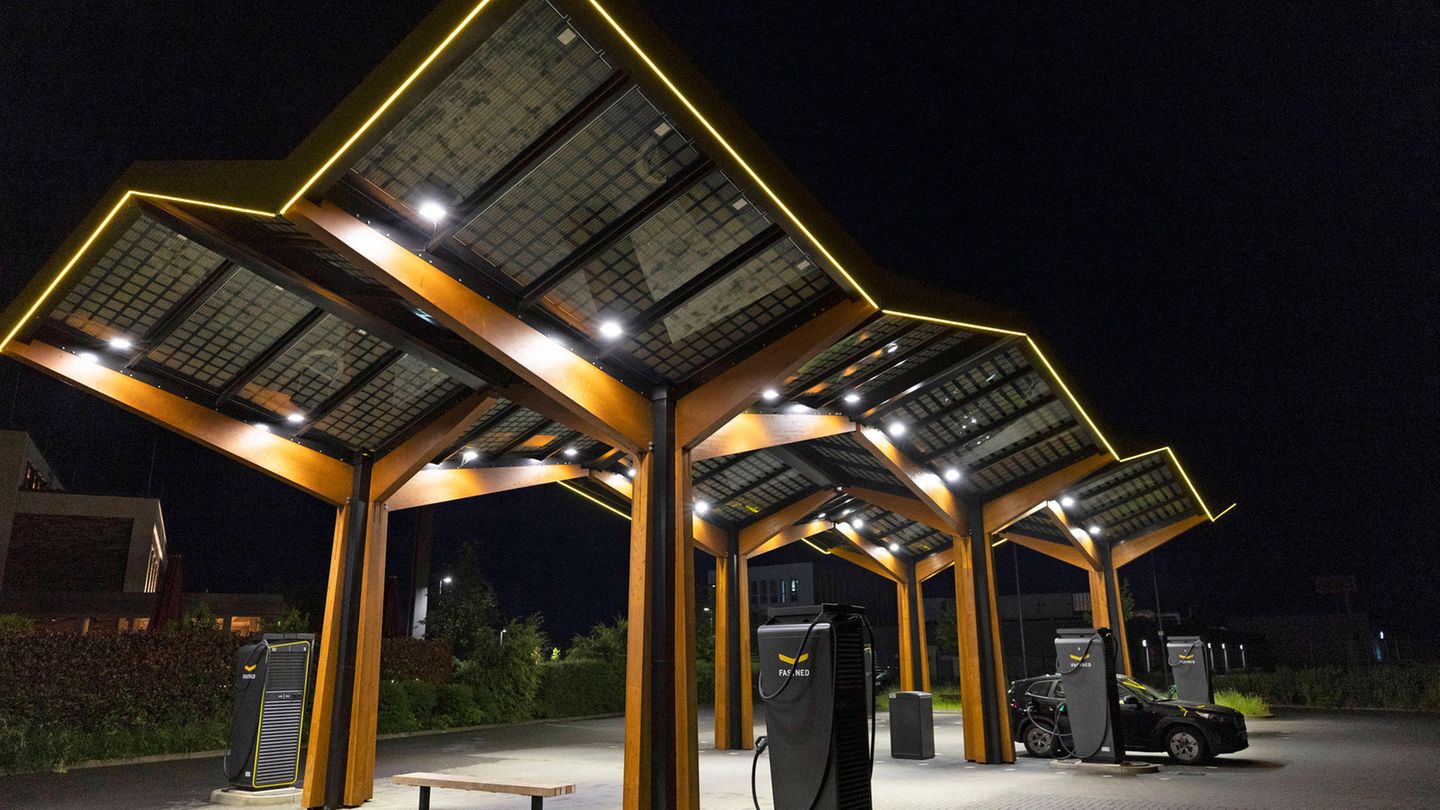Opinion
VW and the SPD are calling for a scrappage bonus. Anyone who swaps their combustion engine for an electric car should receive 6,000 euros from the state. This would make sense for several reasons.
The SPD wants a scrappage bonus to promote electric mobility. Consumers should receive up to 6,000 euros if they exchange their combustion engine for an electric car. The Social Democrats are being criticized from many sides for this idea. Now the comrades may be doing a lot of things wrong right now. For once, they are right here.
Seven reasons in favour of the scrappage premium:
- Electric cars are definitely more climate-friendly than combustion engines, according to a study by the Federal Environment Agency by more than 40 percent, and the trend is rising. Every electric car that is put into circulation therefore avoids high environmental costs that would eventually have to be paid for with taxpayers’ money.
- It is not per se because of the allegedly high prices that Germans hardly buy electric cars, but because of psychological factors. There have long been cheap electric cars such as the small city car Dacia Logan (from 16,900 euros, including electricity for 25,000 kilometers) or the Citroën ë-C3 (from 23,300 euros), but they are not a hit in this country either. A scrappage bonus as a therapeutic measure could help to overcome fears.
- An eco-bonus is also an educational bonus. Because it helps to teach Germans what the Chinese or Norwegians can already do: drive electric cars. They can learn that range anxiety and the fear of gaps in the charging network being too large are a thing of the past. In particular, residents of the 16.3 million German single-family homes could charge their electric cars at home with little problem and easily get through the week. Does it work for the neighbors? This could also trigger a domino effect, as with PV systems.
- E-cars are quieter than combustion engines at low speeds (at higher speeds, rolling noise dominates in all of them), which pays off especially in cities and metropolitan areas. Road noise is acoustic pollution. In 2022, 17 percent of the population was affected by noise that was harmful to health at night. Here, electrification can avoid medical costs due to sleep disorders.
- The more electric cars are produced in a factory, the more the production costs fall due to economies of scale. This increases the return per car sold, and the higher surpluses can be invested in research and development of new products and in new markets. This also benefits the employees and not just the shareholders.
- The German automotive industry needs higher sales of pure electric cars in order to meet the EU’s falling CO₂ limits. Otherwise, it faces high billion-euro fines for excessive fleet emissions. Such penalties would endanger further German jobs in the industry.
- Economists criticize that a scrappage bonus would destroy value. This argument only counts if the used combustion engines actually end up in the scrap press. But that doesn’t have to be the case. They could also end up on foreign markets. If the efficient petrol and diesel engines replace older polluters there, that is also a good measure against climate change.
Source: Stern
I have been working in the news industry for over 6 years, first as a reporter and now as an editor. I have covered politics extensively, and my work has appeared in major newspapers and online news outlets around the world. In addition to my writing, I also contribute regularly to 24 Hours World.




